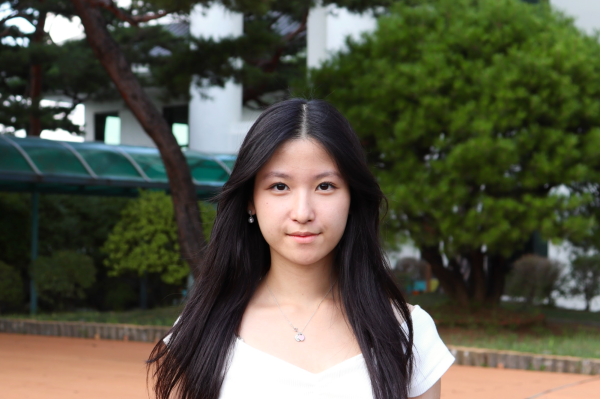South Korea is currently experiencing an increasing number of COVID-19 cases since the mask-mandate lift in January 2023. With the sudden surge in cases, many concerns arise within the SIS community regarding the potential effects this outbreak may have on their daily life.
The recent spike in COVID-19 cases seems to be mainly driven by the resurfacing of new variants and the relaxation of protective measures.
Currently, the Omicron KP.3 variant is the most prevalent during this outbreak, comprising nearly to 37% of recent cases. However, the Korea Disease Control and Prevention Agency emphasizes that the fatality rate remains low for those under 50-years-old.
“As of right now I am aware that the recent rise in [COVID-19] cases is estimated to decrease by the end of this month,” Dana Chung (12), president of the Medical Society club, said. “Although the symptoms are not that severe for people around our age, I read that the mortality rate for people over the age of 60 increased significantly, so many of our close relatives may be affected by COVID-19.”
Further, many workplaces do not allow their employees to quarantine or take a sick leave despite testing positive. This may be because COVID-19 is not seen as a highly-infectious disease as it was in the past. Some also avoid testing as they do not want to be a burden to those around them, consequently infecting others.
“Staying up to date with vaccination protects people against serious illness, hospitalization, and death. It helps not only for COVID-19, but also flu, and other respiratory diseases,” Ji Sun Choi, school nurse, said. “For now, it’s important that everyone continues to practice good hygiene, like regular handwashing, and to stay home if they feel unwell. These measures, along with vaccination, are currently the best ways to keep everyone safe.”
While these concerns may weigh heavily on members of the SIS community, there are several methods to reduce the risk of infection. These include wearing your mask when in public, covering your mouth and nose when sneezing or coughing, and being wary of those who are contaminated.


